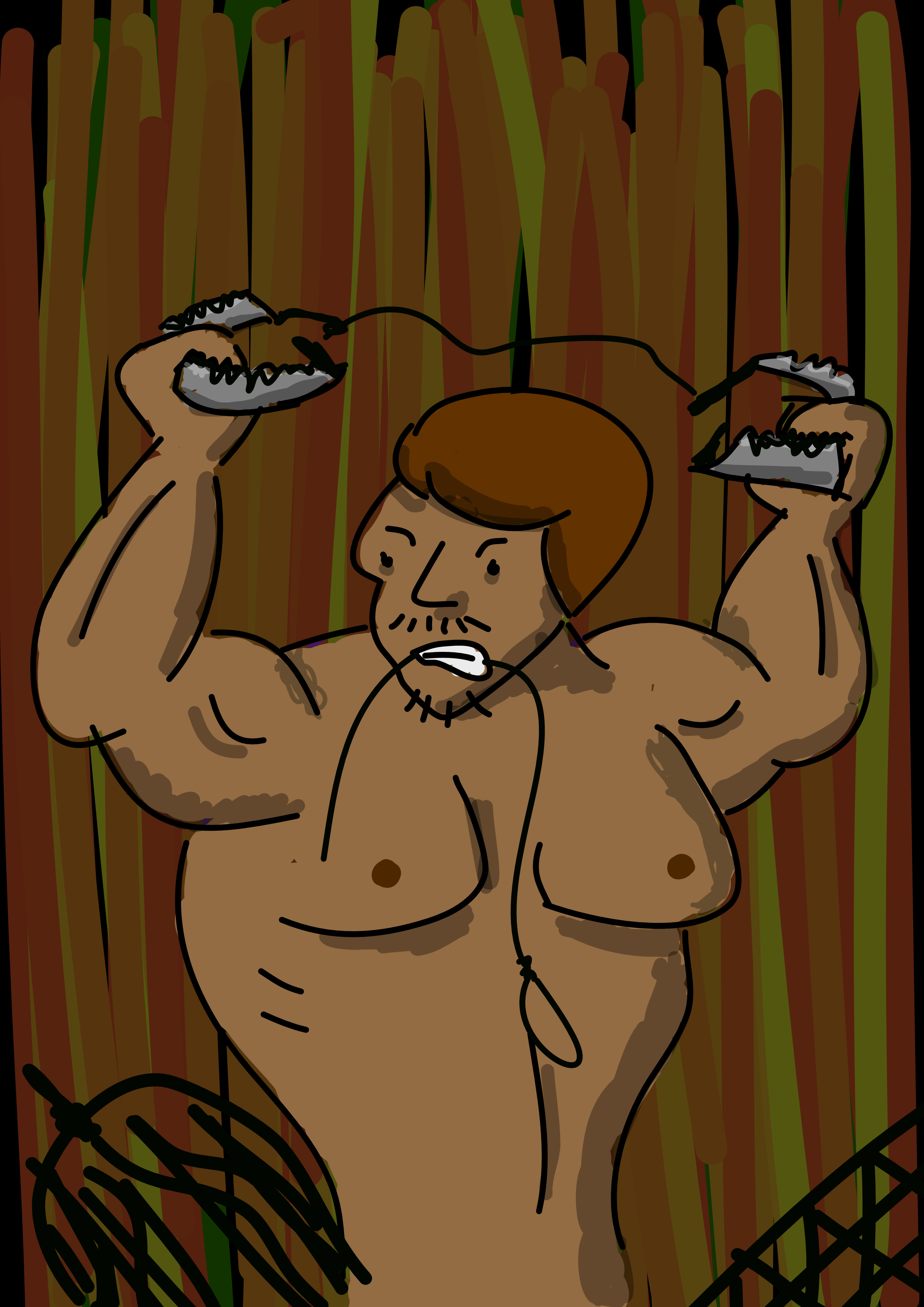Originally posted July 6, 2017
I am not sure if I can say I have ONE favourite epic anymore. I have read too many and enjoy them all. The one I have the most connection with is Beowulf, probably because I have known it the longest. And have read many different translations.
I have five versions of it, and there are a couple of other re-telling in some childhood books of myths and legends I own and love. I have two young person translations/re-tellings, one by Michael Morpurgo which pulls you in like no other revisit I have read, and the other by James Rumford who only uses Saxon words. This renders the language very blunt and edgy, but I love it. This is quite the opposite of Morpurgo's poetic style of writing and are great to compare. The other versions I have are David Wright's prose translation, Burton Raffel's translation, Michael Alexander and of course Seamus Heaney's definitive (for me) bilingual verse translation. In collections, I have Kevin Crossley-Holland's superb translation, James Riordan and Brenda Ralph Lewis' young readers version of the tale, and I recentlyfound an 'updated verse translation' by Frederick Rebsamen, which I have yet to read. And I have, of course, seen the movie directed by Robert Zimeckis, with screenplay written (along with others) by Neil Gaiman. This is a 'based on' movie and has some very interesting ideas and concepts in it, but is not the 'proper' version of Beowulf! The movie is good entertainment.
Odds Bodkin has released a live recording of Beowulf. It is a recent acquisition for me. Like all of his work, it is deep, funny, and brilliantly told. Odds' version is entertaining and pulls you in so you cannot back away from it and sticks very closely to the story. There are parts where he uses the exact wording and phrases from the translations which pop out for me. The humour he injects into the story is artful, and respectful to the original. I have listened to it several times. In fact I am at the point where I cannot start it unless I have the time to finish it all. I cannot stop listening to the words and music which flow so wonderfully throughout the hour and twenty minutes or so it lasts.
If we lived in those days of Grendel, swords, and mead halls, and spoke current English, this telling by Odds would be the quintessential telling. I am not usually a fan of live recordings, but this is one of those performances that truly benefits an audience. The musical accompaniment on guitar, never drowning Odds out, pulls you along, fills your ears and body leaving you totally immersed in the man's words and fully within the story.
But another story I have immersed myself in this year is Gilgamesh. It's been 'bugging' me for a while. By that I mean that I read a translation years ago and listened to a classic reading by Sebastian Lockwood and never thought I would tell it - because other people tell the story and fellow Brit Sebastian does such a stellar job.
A couple of years ago, my son began studying the epic, so I revisited it. The copy of the epic he was studying was lacking a great deal of the story. Then this year my daughter began studying it in 6th grade social studies. The version they were using was a young person's retelling, but was so off from what I read I decided to research it more. I immersed myself in the epic, reading what there was on-line, re-reading the two versions I had by Gardner & Maier, and N.K Sandars, and buying and studying two more versions - a very thorough translation of both Sumerian and and Akkadian cuneiform by Andrew George, and Stephen Mitchell's poetic version of the epic. Mitchell did not translate, but used a number of translations available to him.
As I read more and more Gilgamesh and researched the gods and goddess in the story, the closer, or more attached, if you will, I became to it. Essentially, Gilgamesh is an entitled bully. He creates amazing gardens, and presumably sponsors the arts, yet at the same time, he terrorized the citizens he was supposed to protect, the people of Uruk. They call for help from the gods, who in turn send down Enkidu to be his opposite. Enkidu is created by the gods and sent to calm Gilgamesh's restless heart and nature. The epic becomes an incredible tale of redemption when Gilgamesh loses Enkidu, his soul brother. The king of Uruk goes in search of immortality and instead returns to Uruk humbled, for the first time in his life.
I have written my own retelling, suitable for middle school aged people. To try and make a story containing pretty intense, if not explicit, sex scenes, battle scenes, into a story readable for young people was quite a challenge. It is not finished quite yet, but when it is, the story will also include social studies materials, a lexicon, character sheet, sources, and maybe a game. These tools will be able to be used by educators and parents. Once the story piece is finalized, I will be recording it, making it available via download only. I am hoping that will be done by the end of July. I am close! The book will contain illustrations by S. Aidan Brooks which I am thrilled about.
